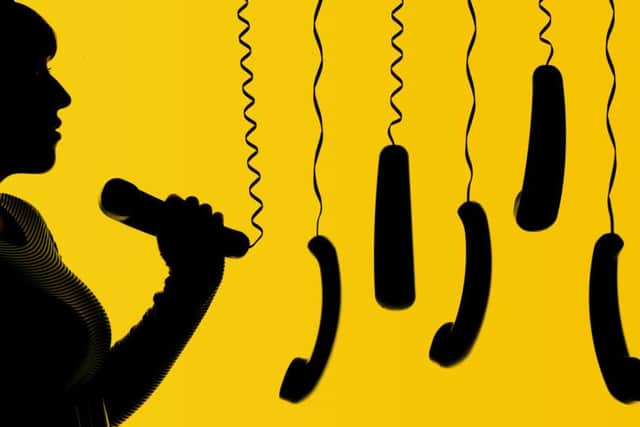New rules for cold calling companies


The law, which came into force last week, means direct marketing firms registered in the UK must display their numbers, even if their call centres are abroad, when they make unsolicited calls.
The move should made it easier for residents to take down the numbers and report the companies to the regulator and should reduce the number of withheld calls that consumers receive, which currently stands at one fifth of all direct marketing calls.
Advertisement
Hide AdAdvertisement
Hide AdBut Ian Anderson, head of regulatory law at Ison Harrison, thinks many direct marketing businesses may fall foul of the legislation as they haven’t put adequate strategies in place.


He said: “Unsolicited calls are an invasion of privacy and can be particularly distressing to elderly and vulnerable people. The companies behind the calls will have to consider how they evidence compliance with the new regulations and defend themselves against complaints. There needs to be a balance between stopping persistent and long-term automated nuisance callers and allowing companies to engage in direct marketing.
“Through the introduction of this legislation, the government is without doubt sending a clear message to any rogue traders. The government stance is that it will not hesitate to take action against companies who are subject to complaints.”
The new law has been brought into effect following a public consultation and extensive work with industry, regulators and consumer groups. Companies can risk fines of up to £2m from Ofcom and a further £500,000 from the Information Commissioner’s Office (ICO) if they do not comply with the new regulations or persistently break the rules.
Advertisement
Hide AdAdvertisement
Hide AdMr Anderson said: “This change will make it easier for consumers to identify the legitimate companies and report the rogue operators to the relevant authorities. If a company is not doing anything wrong or is behaving responsibly then they should have nothing to fear, but should seek compliance advice. This amendment in legislation will not only improve consumer protection, making it easier for people to refuse and report unwanted marketing calls, but it will also ensure the ICO can investigate and take enforcement action against callers who persistently and deliberately break the rules.”


“Now that it is possible for people to identify the number behind the call they’ve received, they are more likely to complain and that means more businesses are likely to face investigation. Companies in this market need to take steps to ensure they comply, or potentially face financially crippling fines.”
HOW TO DEAL WITH NUISANCE CALLS
Communications regulator Ofcom estimates that UK consumers receive around 4.8 billion nuisance calls each year.
Residents who want to eliminate the problem can sign up for the Telephone Preference Service (TPS), which allows them to opt out of receiving any unsolicited telesales calls. You can register your phone number – either landline or mobile – online or by phoning 0345 070 0707. Visit consumers.ofcom.org.uk for more information on reducing or reporting cold callers.